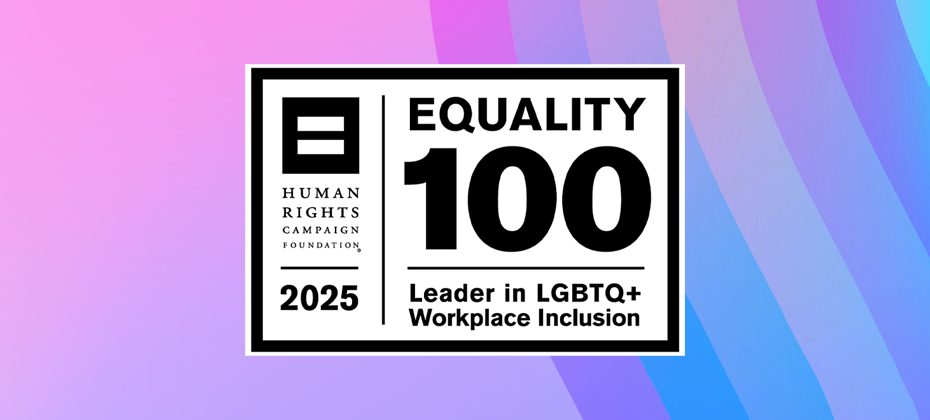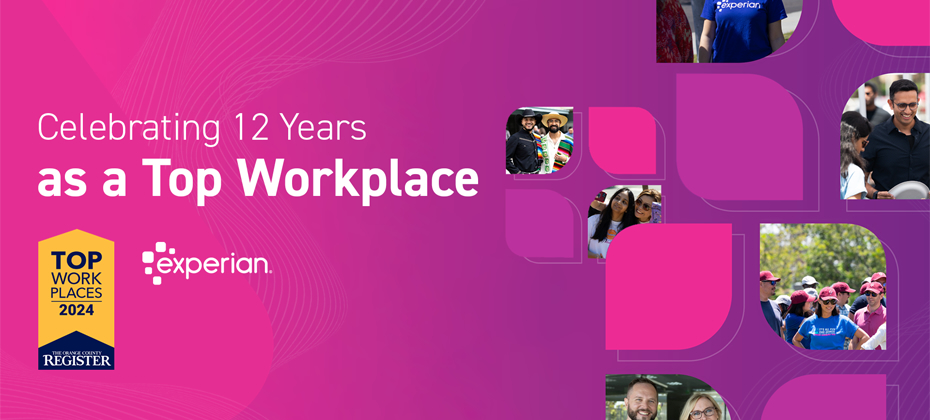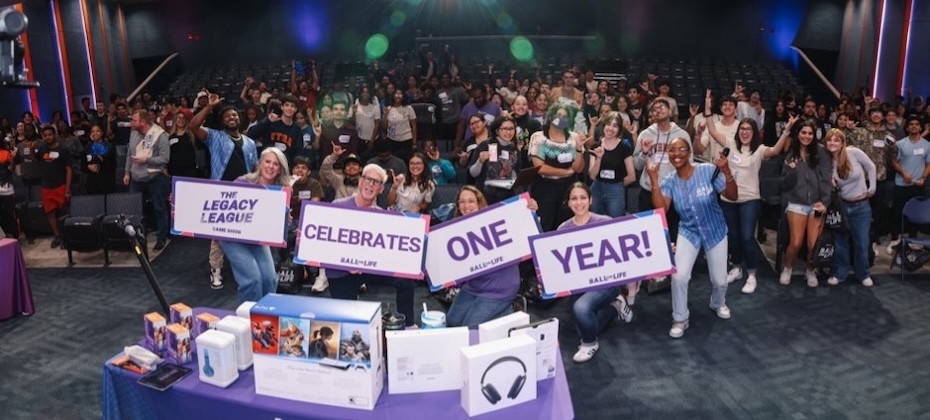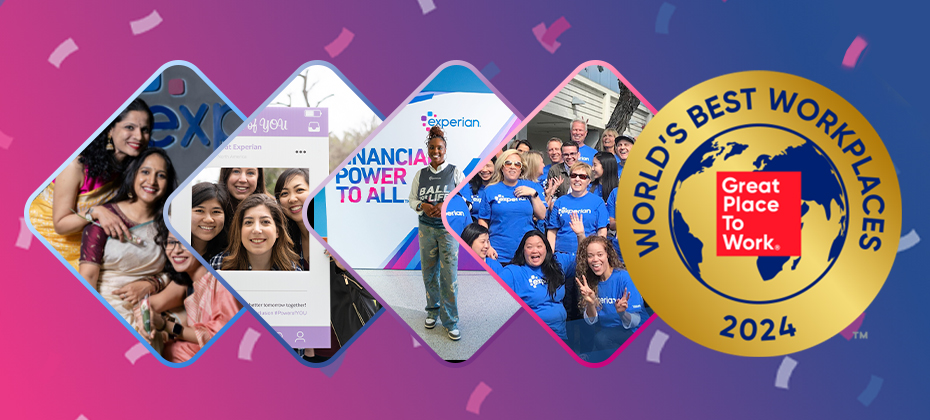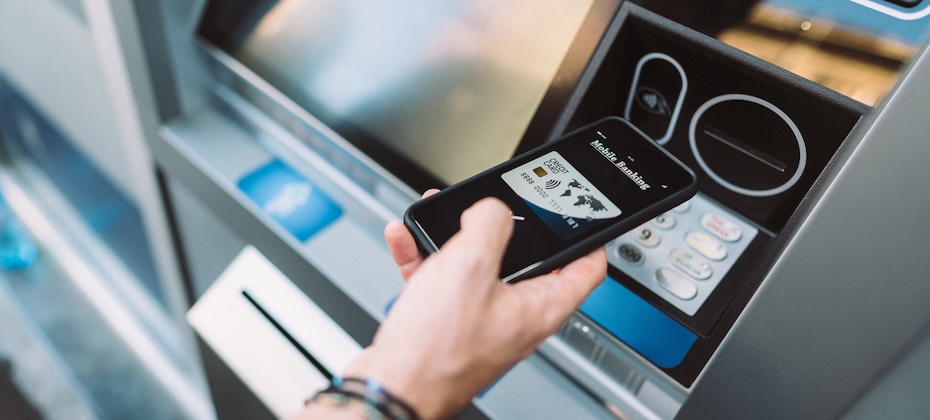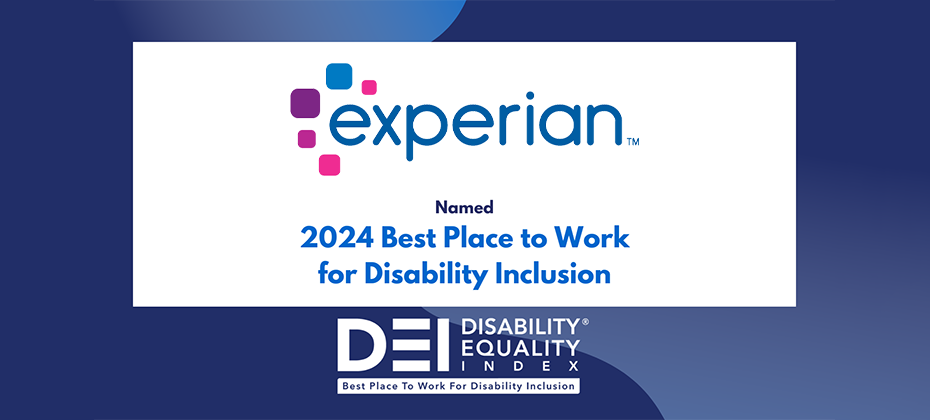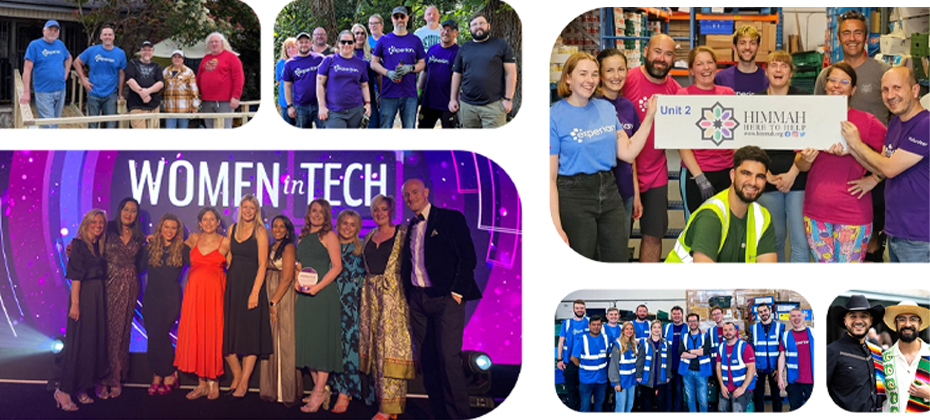At A Glance
At a Glance When an unknown printer took a galley of type and scrambled it to make a type 2ince the 1500s, when an unknown printer took a galley of type and scrambled it to make a type specimen book. It has survived not only five centuries, but also the leap into electronic typesetting, remaining essentially unchanged. It was popularised in the 1960s with the release ince the 1500s, when an unknown printer took a galley of type and scrambled it to make a type specimen book. It has survived not only five centuries, but also the leap into electronic typesetting, remaining essentially unchanged. It was popularised in the 1960s with the releaseince the 1500s, when an unknown printer took a galley of type and scrambled it to make a type specimen book. It has survived not only five centuries, but also the leap into electronic typesetting, remaining essentially unchanged. It was popularised in the 1960s with the releaseince the 1500s, when an unknown printer took a galley of type and scrambled it to make a type specimen book. It has survived not only five centuries, but also the leap into electronic typesetting, remaining essentially unchanged. It was popularised in the 1960s with the releaseince the 1500s, when an unknown printer took a galley of type and scrambled it to make a type specimen book. It has survived not only five centuries, but also the leap into electronic typesetting, remaining essentially unchanged. It was popularised in the 1960s with the release

Most of us have experienced the feeling of frustration when it comes to online security protocols. You need to log-in to an account, but you’ve forgotten your password. When you choose an option to reset your password, you are asked to answer one of your security questions. But you forget which movie you said was your favorite while you were growing up. You take a guess, but unfortunately it’s the wrong one and you find yourself locked out of your account. At this point, you’re annoyed and wonder why accessing your account is so difficult in the first place. Historically, the attempt to balance customer security and convenience has been one of the biggest challenges online businesses have faced. As consumer expectations for smooth online experiences increase, businesses aim to deliver security protocols that make customers feel safe and protected, while allowing for easy and convenient access. According to our recent Global Fraud and Identity Report, 66 percent of consumers like security protocols when they transact online because it makes them feel protected. In fact, the lack of visible security was the number one reason customers abandoned a transaction. However, while consumers may tolerate the nuisance of common barriers to accessing their accounts, including forgetting their password or having to re-renter other security controls like CAPTCHA or two-factor authentication, higher friction doesn’t necessarily mean better security or a better overall experience. If businesses were able to offer a frictionless customer experience that was as secure, if not more secure, than the experience today, they could potentially increase overall revenue and growth. One-third of the consumers we surveyed said they would do more transactions online if there weren't so many security hurdles to overcome. And the number rose even higher in different age groups. For instance, the percentage rose to 42 percent when it came to millennials. We believe that a fundamental shift in the thinking is required. No longer, should businesses attempt to balance security against consumer convenience, but rather, we believe that with the right use of technology, analytics and data, both goals can be simultaneously achieved. In the name of both security and convenience independently, we are already seeing data-driven, artificial-intelligence powered systems operating behind the scenes. We believe that a merging of these two functions will yield significant benefits for the business as a whole. For this to work, businesses will need to gain and maintain the customer's trust without the familiar perception of security. Customers want to be recognized and businesses want to address the growing fraud they are experiencing. Solutions that combine device and behavioral intelligence with other data points such as biometrics, processed via advanced machine-learning, could help businesses in the future, simultaneously recognize their customers more accurately, and do so without challenging them. Winning companies will move from balancing security against convenience, to achieving both goals via a synergistic approach, and ultimately will evolve trust through technology, data and analytics.

I’m delighted that we’ve today announced our proposed acquisition of Compuscan, a successful and trusted provider of credit information and analytics services to organisations across South Africa, Namibia, Botswana, Mozambique, Ethiopia, Lesotho and Uganda, as well as in the Philippines and Australia. As part of the proposed acquisition, we are also pleased to include Scoresharp, Compuscan’s thriving credit risk management consultancy. Established in South Africa in 1994, Compuscan was the country’s first credit bureau for the micro finance sector, providing vital assistance at a time it was most needed. Compuscan has since become a key player in this sector and grown into a company that operates across nine countries offering creditinformation services, decision analytics services, marketing services and loyalty/rewards services. The proposed acquisition will complement and extend the services already provided by Experian in the South African market, as well as creating significant opportunities for further growth, innovation and financial inclusion across the wider African region. We now enter a standard regulatory review process through which the competition regulator will review the proposed acquisition. South Africa is a vital hub for our regional strategy and the proposed acquisition is just one of the investments we’re making to build our presence here. We recently confirmed the upcoming launch of our new analytics platform Ascend across EMEA, with South Africa planned to be one of the first markets to benefit from its arrival. We’re excited about the potential of this acquisition not only to accelerate our innovation plans, but also to use the combined Compuscan, Scoresharp and Experian organisation to help drive financial inclusion across Africa. We look forward to welcoming the Compuscan and Scoresharp teams to Experian in due course and to bringing all of the benefits of a combined organisation to our clients and consumers across the region.

For each of the past six years, Experian’s position on the Orange County Register’s list of Top Workplaces has continued to rise, and it’s cause for real celebration across our workforce. This marks a special year for us, as Experian North America was awarded the #1 spot on the list. “Our team members bring their own backgrounds, perspectives, and approaches to work, which together helps us make smarter decisions, develop better products and ultimately deliver more value to consumers,” according to Craig Boundy, former CEO of Experian North America. “This #1 ranking validates our commitment to embracing a truly inclusive culture where everyone has a real sense of belonging, knowing they can show up every day and be who they are, professionally and personally.” The Power of YOU As part of this commitment, we’ve created an environment where everyone is comfortable bringing their whole self to work, regardless of differences or backgrounds. It’s about advancing a culture that not only respects differences, but actively celebrates them. We call this The Power of YOU. We celebrate our diversity through a range of fun and engaging cultural events, social clubs and volunteer opportunities with nonprofit organizations. As an example, this year we launched a variety of Employee Resource Groups (ERGs), including: Military Veterans and Patriots group African American group, Asian American group Hispanic and Latino group Namaste (Indian) group Experian Pride Network group Pictures of employees at various ERG events The Power of YOU initiative builds on the Women in Experian (WiE) group, which was formed two years ago and is focused on improving gender balance across all levels of the organization. Spearheaded by a global team of female leaders from across the business, the group focuses on helping women achieve their ambitions and build successful careers. Each month, employees meet to plan initiatives ranging from guest speakers and lunch-and-learn events to job shadowing and mentorship programs to International Women’s Day activities. Humans of Experian Another exciting initiative is Humans of Experian. This video series highlights the personal stories of employees across the organization. Each story shares an employee’s unique experiences and perspectives and illustrates what it means to be a part of our organization that values and celebrates inclusion and diversity. You can see their stories here: Innovation and Business Success Our culture of diversity and inclusion has enabled Experian to grow and evolve while remaining at the forefront of innovation. For more than 40 years, Orange County has been the heart of our North America operations. We’ve remained focused on developing a culture that achieves and sustains higher performance while giving back to the community, and we’ve strengthened the business across every front. As a result, we continue to have a positive impact on consumers, businesses and the economy with our products, technology and innovations, from finding breakthroughs around better utilizing data to identifying ways we can make access to credit faster and simpler for millions around the world. This is the driving force behind Experian being named to Forbes’ prestigious World’s Most Innovative Companies list for the last several years as well. We’re very proud to be ranked as the #1 Top Workplace by the Orange County Register for our positive workplace culture, which attracts and retains top talent in Orange County as well as our other locations across North America. Our employees are committed to helping to create better tomorrows in our communities through technology and innovation, social responsibility, and our everyday work and business purpose.

In an article published by Bloomberg this week, Brian Cassin, Experian CEO, discusses the transformation of the business from a credit bureau to an innovative, global information services firm. The story highlights some of the remarkable work Experian does with high-profile clients including Coca-Cola and Fannie Mae, using data to inform marketing and strategy decisions. The article also references recent product innovations including Ascend, which offers analytics on demand, and PowerCurve, our market-leading decision analytics platform. Worth mentioning is that Experian’s strong financial performance also comes through in the article, which notes that the company’s stock price has doubled since 2015 while the FTSE 100 index has stagnated. Check out the full article.

Data science is transforming the way the world works. And yet it’s no secret that there aren’t enough women pursuing a career in STEM. At Experian, we’d love to see that change. It’s better for everyone when industries are diverse; it makes us all stronger, more creative and more effective. Part of encouraging new generations into our industry means recognising and celebrating the achievements of the female role models working in data today. That’s why we’re thrilled to sponsor this year’s Women in Data (WiD) conference, an event designed to help inspire, educate and support women in the industry. Women like Experian’s Sarah Robertson, who recently shared her story with leading women’s publication, We Are The City, and who will be sitting on our panel session at the event. We want to have a workforce that’s as rich in diversity as the people who use our services. That’s one of the many reasons we’re so excited by WiD’s mission. Together we hope to empower and encourage women into the data science industry, supporting the next generation of data scientists who can help shape the future. You can find out more about the WiD community on our recent podcast.

Every day we work with companies doing amazing things with their data. We are therefore delighted to be sponsoring the very first Experian ‘Data Excellence’ award at this year’s Lloyds Bank National Business Awards. It gives us the chance to celebrate organisations for their innovative thinking and excellent use of data – an area we at Experian are very passionate about. The quality of entries for this category was high, showcasing some real-life examples of how data-driven solutions can not only deliver better outcomes for customers, but also embrace the opportunities presented by an ever-changing data landscape. However, there could only be one winner. So, we are pleased to announce that Cleveland Police are the deserving recipient of the inaugural award for their ‘Golden Nominal’ project – an initiative which demonstrates how the power of better data can have a positive impact on policing. The project responds to the huge challenge that having vast, unquantifiable number of duplicate records was posing on delivering an efficient and appropriate response to the community. And not only has it far surpassed targets in terms of reducing duplicates, most importantly it’s provided opportunities to serve the community better and identify those most vulnerable far more quickly. Such was its innovative nature, the project was recognised at a national level by the Home Office, who provided co-funding from its Innovation Fund – a fantastic result for them. The award was presented by Experian’s Chief Data Officer, Jonathan Westley, to Maria Hopper from Cleveland Police at the awards ceremony in London. She said: “We’re absolutely thrilled to be named as winners of the ‘Data Excellence’ award. Our data initiative allowed us to solve a challenge that was hindering our ability to respond quickly and accurately to those who need it most in our community. For us, winning this award is fantastic recognition of the critical role that data plays in delivering positive policing and keeping people safe.” To hear more from Maria, you can watch this short video. We would like to congratulate Cleveland Police on a well-deserved award win, along with all the other winners on the night. To find out more, you can visit the National Business Awards website.

Following this year’s One Young World summit, we sat down with Jade Starrett, Global Talent and Engagement Director at Experian, and Abigail Lovell, Senior Vice President of Global Corporate Responsibility and Shared Marketing at Experian, to talk about the importance of the summit and how Experian’s partnership with the organisation is helping us to create a better world for our clients and partners. Q: Why does Experian participate in One Young World? A: Jade: I think it’s a really positive, inspiring initiative for us to be involved in as an organisation and it’s incredibly well aligned to our purpose of Creating a Better Tomorrow. So, I think with all the brand work that we’ve been doing over the last couple of years, there’s a huge relevance to what we do, who we are as a business, and what we’re trying to achieve. As of now, we employ 57% Gen Y across Experian and 25% of our employees across Experian are under 30. So, we’re a really young business and I think we all know that for many young people, they’re passionate about social change and they really want to make a difference in the world. A: Abigail: That’s exactly what it is – a way of connecting young people and employees to our brand purpose of Creating a Better Tomorrow. And our ambassadors do this by not just connecting with corporate responsibility leaders around the business but also with other young people around the globe from different companies. These folks are innovators and change makers who bring all of this together to come up with ideas that can positively impact the communities where we live and work. Q: What benefits have you seen from being part of One Young World for the past six years? A: Jade: There are clear benefits for the individuals themselves who participate. They come back from the summit inspired and energised by the people that they’ve met and the leaders they’ve heard. I think they also benefit from the personal growth, development and motivation that the experience also gives them. There is a societal benefit because the work that the ambassadors are leading and pioneering through the organisation positively impacts society and supports our corporate responsibility agenda. We’ve consciously aimed to try to tie in peoples’ ideas and passions with what Experian does as a business and what capabilities we can use to make a difference. A: Abigail: Yes, One Young World has really inspired change makers across our business to make a positive impact in the community. We’ve had projects that support refugees to expand our consumer education programme and to help people get more empowered around finance and credit in their own region. One Young World offers an opportunity to make a positive impact on society and consumers. "I think our aim of celebrating what we do in this CSR space more, talking about it more, communicating it more widely will help us from a talent attraction point of view, particularly with younger people." Q: Why do you think it’s important for Experian to foster a culture of innovation? A: Abigail: Innovation is on the minds of all our leadership team. It’s a key differentiator for us in the marketplace. It’s part of our DNA and is fundamental to the way we make a real impact to society and in the world. We invest in new products and services that help more people get affordable access to essential everyday services. And many of these products started as social innovation projects developed by people in our business, for example Limpa Nome (which translates to “Clean name”) in Brazil. Jade: I also think that to be really creative and innovative, you need to break your normal daily routines and ways of thinking. When you’re put into and immersed in an environment like the One Young World summit, with people who have vastly different experiences to your own, you are inspired to think differently. "Essentially if you think about Experian’s business strategy, innovation is such an important pillar of that strategy for growth. And that’s innovation in terms of social innovation like Abigail talked about, and it’s innovation across our entire business agenda." Q: How does Experian encourage young people to take that learning and bring it back into the organisation? Jade: When we first started looking at our participation with One Young World, the majority of corporates who send people and who have corporate memberships don’t do what we do. We wanted to tie it directly into the business and we wanted individuals to have real skin-in-the-game. So, it was a very conscious decision on our part to create a competition to encourage people to think “what am I passionate about”, “what is Experian trying to deliver for our clients and consumers” and “is there a need for this that we can help fill and create social change” – and use that to apply to become one of Experian’s One Young World ambassadors. A: Abigail: And the way that we do this is ahead of the One Young World summit, our ambassadors identify local social challenges that they are passionate about so they can debate and find innovative solutions with like-minded individuals at the actual summit. When they return, they are fired up, they are ready to draw on the knowledge from the summit, and then they work with the local corporate responsibility teams in the regions to put their learnings into practice to help solve some of the biggest social challenges. Q: Is there a One Young World project that really stands out for you? A: Abigail: Australian Business and Community Network (ABCN) runs the Business Class Program (formerly governed by Schools Connect Australia), a non-profit organisation in Australia that matches companies with schools in disadvantaged communities to improve educational outcomes of students. Sarah Hughes, a member of our first cohort of One Young World Ambassadors leads the programme which is now in its fifth year. This programme has seen 400 employees from Experian volunteer their time and impart their knowledge and skills to students at McClelland College and their teachers. ABCN conducted a thorough evaluation of the students’ progress and found that with Experian’s support, around 600 students showed improvements in educational outcomes. This year, Sarah integrated an exciting new award-winning digital financial literacy programme, Banqer, into the school’s curriculum and it’s being rolled out to 250 students this year. For me, this is a fantastic example of how we can work together to Create a Better Tomorrow.

The following is written by Jan Barratt, Experian. We owe everything to the millions who lost their lives in the Great War, fighting for our freedom. Without their sacrifice, the world we know would be a very different place. This November marks a whole century since the guns finally fell silent on WW1. It’s only fitting we use this landmark anniversary to remember and celebrate everything they did for us. The Games of Remembrance 2018 is an opportunity to do exactly that. Inspired by a generation’s love of football and its ability to unify, The Games of Remembrance harnesses the power of the beautiful game to remind us all of the immense bravery and sacrifice of millions. We’re proud to sponsor the Games and to play a small part in helping those memories live on and to commemorate the people who lost their lives in the conflict. Furthermore, we’re thrilled that this year’s celebration comes to Nottingham, a place where Sir John Peace, Her Majesty’s Lord-Lieutenant of Nottinghamshire, and the late Eric Barnes built up Experian from its roots almost 50 years ago. Today, we employ more than 2,000 people across the East Midlands region. We’re proud to be sponsoring the Games of Remembrance, and we are proud to be part of the Nottingham community. We remember.

We recently participated in Finovate Fall, where we joined top fintechs and financial institutions from around the world to debate about the current state of the financial services industry and more importantly, its future. A future where the so-called ‘experience economy’ will unfold and those putting the customer at the center of their innovation will thrive. But, how to get there and remain relevant in an ever-challenging environment? Committing to a culture of technology and innovation that transforms interactions between businesses and consumers is the first step. Take financial institutions and fintechs, for example. Despite their different approaches to what it takes to serve their customers better, both traditional and non-traditional industry players agree that technologies such as artificial intelligence (AI) and machine learning play a pivotal role in their respective digital transformation strategies. But with the change comes the challenge: most of organizations recognize they still struggle to fully operationalize the output of their advanced predictive analytics. To be true to our own commitment to technology and innovation and help businesses execute machine learning models within their decision processes, we have launched a new release of our flagship decisioning platform. The latest PowerCurve release integrates machine learning to deliver a faster and better analysis of data. These actionable insights will help our clients identify the opportunities presented by each of their customers quicker and more easily. Leveraging today’s technology to sustain tomorrow’s growth We believe that enabling businesses to leverage their current technology investments to support future growth is key to ensure they get the full benefit of their commitment to innovation. The latest PowerCurve capabilities allow custom plug-ins to be added at any time to support the next generation of technology and decision-making strategies while ensuring consistent, precise and personalized experiences that satisfy consumers’ demands over time. This enhanced flexibility means that businesses can get value of their current data and technology investments today and keep at pace with the latest and most effective decision management strategies across the entire customer life cycle. In addition, PowerCurve will continue to satisfy compliance requirements and provide the necessary governance and explainability that is essential in today’s market. With the updates to our decisioning platform and incorporation of machine learning capabilities, businesses will be able to make the right decisions today, resting reassured that those decisions will remain precise and relevant in the future.

The workplace is more just than a place of business. It should be a community that supports its employees and promotes a culture where people can be their most authentic selves. That’s an ideal Experian very much understands, believes in and strives for. And because of that commitment, we’re proud to be recognized by Great Place to Work as one of the best workplaces in the country. We’ve built a workplace that encourages collaboration, creates constant innovation and supports diversity. We greatly appreciate the hard work our employees have invested to help consumers, clients and our local communities. And it’s important that we continue to support that great work. Offering health and family resources, promoting diversity programs, and carrying out employee-wellness policies are just a handful of ways Experian has helped to foster a supportive work culture for our employees. Our goal is to create a workplace where people feel accepted and their work is validated so that they can continue to perform at the very highest level. A supportive work culture contributes to a positive work experience and employee motivation. In the Great Place to Work survey completed by about 2,000 U.S. based employees, 96% reported having great pride working at Experian and 95% believe the company has a great atmosphere. Experian’s dedication to their employees has not gone unrecognized. Forbes Magazine placed Experian in the Top 100 list of the “World’s Most Innovative Companies” for the fifth year in a row, and The Orange County Register named Experian a top workplace in 2017 for the fifth consecutive year. Experian has also been recognized for its commitment to diversity by the Advancing Women in Technology organization and the Grace Hopper Leadership Index. These accolades reflect the company’s workplace culture as an environment of employee growth and success. Company success starts with the success of our employees. Building an environment where employees feel supported, challenged, and valued is a top priority for Experian. We are proud of the hard work our employees have dedicated to helping our communities and we remain committed to supporting their success.

Digital transformation is dramatically changing the way consumers and businesses interact. E-commerce and social media are setting the standards for digital experiences. The advance of fintech is driving competition. All while fraud reaches an all-time high, prompting an ever-stringent regulatory framework. This confluence of emerging technologies and intense competition adds even more pressure to grow business faster. In such a scenario, growth is fueled by acquiring more customers – those with whom you can build lasting, valuable relationships over time. However, traditional approaches for customer acquisition no longer suffice. As a business leader, how do you tackle these challenges? What can you do to attract and acquire new customers? To help answer these questions, we commissioned Forrester Consulting to survey over 900 key decision makers across industries. What we found is that getting actionable insights from complex data sources to make consistent, precise decisions is still a major challenge. The majority of executives also indicated that not having a single customer view had a direct impact on profitability. They struggle to make accurate decisions that are both meaningful for consumers and profitable for business. To overcome these challenges and realize their strategic priorities, businesses of all sizes are increasing their investment in advanced analytics and decision services. We understand that the current market environment can be daunting. But with challenges come new opportunities. We can help you modernise your digital decisioning approach to enable precise and profitable lending decisions across the life cycle. Using a unique blend of best in class data, advanced analytics and digital decision strategies you will know your customer better. As a result, you can, deliver the experiences they demand and make lending decisions with less risk. Download the executive summary of our Global Decisioning Report 2018 and discover how businesses of all sizes are leveraging data, advanced analytics and digital decisioning to better serve customers and future-proof growth.

We’re committed to creating a better tomorrow for consumers, clients, our people and our communities. Experian enables life’s biggest moments and ambitions through the confident use of data. We’re unlocking the power of this data to help people access the essentials they need to fulfil their life ambitions. As the world’s largest credit bureau operator, we have an important role to play in enabling access to finance for millions of people who could otherwise be excluded from mainstream credit and services. We help people prove who they are and build a strong financial track record. Our data and analytics also gives lenders – our clients – the information they need to make fairer, faster decisions for people who are applying for credit. We deliver our purpose through our core business activities, our social innovation products and solutions, and our corporate responsibility (CR) programme. One of these initiatives is the annual One Young World competition. One Young World was founded in 2009 with the intent of bringing together young talent from around the world who are passionate about creating social change to address the most pressing issues the world faces. For the sixth year, Experian is proud to support One Young World and every year, we send five ambassadors, one from each of our regions, to attend the summit. To become a One Young World Experian ambassador, employees were asked to submit a proposal for a new product, partnership or initiative that supports our brand purpose of Creating a Better Tomorrow. The winning submissions, one from each region, were selected to become ambassadors. Over the coming months, they will work with employees across the organisation to bring their ideas to fruition. Meet the five Experian ambassadors we will be sending to the summit in October and the projects they will be driving throughout the year to create a better tomorrow. Be sure to follow @Experian on Twitter as we’ll be posting live updates from the event in October! Jessica Childs Jessica works in the Experian Marketing Services – Product Team in North America. She has worked at Experian for almost two and a half years. Last October, she went to Puerto Rico and the Virgin Islands to help people upended by the hurricanes. This experience inspired her to think about how Experian can use data to help people who are at the highest financial risk after natural disasters. Her project is made up of two parts: preparing for a disaster and understanding the financial risks posed by natural disasters; and disaster recovery which involves providing tools and resources to be successful after a natural disaster. “I am so excited to be selected as one of Experian’s 2018 One Young World Ambassadors and to continue my work that I started almost a year ago to help victims of natural disasters who are at the highest financial risk. The amount of natural disasters continues to increase year-over-year and while there has been an incredible outpouring of volunteers and support, there is always more to be done to not only educate those at risk, but also identify victims and help mitigate the inevitable financial repercussions.” Tanya Kostadinova Tanya is part of Decision Analytics, based in Bulgaria. She has worked at Experian for a year. Early this year, Tanya participated in a giving back day, organised by the Experian CSR team in Bulgaria, to paint houses for orphaned children and children in foster care. Inspired by what she saw, her idea involves creating an application for these children to give them the best start in life. The application would include information about their labour and healthcare rights, financial advice, advice on how to find a job, and this information will be presented in simple videos and easy-to-follow quizzes. “I am very happy and excited to be working on my project. I believe this idea will increase financial education and will help these vulnerable groups of people. In this way, we will create a better tomorrow not only for them but for all of us as society.” Larissa Alfino Larissa is part of our Internal Communications team based in Brazil and has been at Experian for a year. Larissa’s project is called Open Windows, it’s a global project aimed at promoting socioeconomic empowerment for refugees by breaking down social barriers, providing essential advice and helping them to gain access to credit and social services. This information would be served through an app allied with a network of partnership with financial and social institutions for a healthy social integration. “I am honoured to have the opportunity to be part of Experian’s One Young World Ambassadors and connect with other young leaders to create a better tomorrow. Many refugees are living extremely tough lives and Open Windows would be a simple and affordable way to help financially empower them.” Laura Thomas Laura is part of our Community Involvement team in the UK&I and has worked at Experian for almost 18 months. It’s predicted that there are over 40 million people trapped in modern slavery across the globe and Laura’s idea focuses on how Experian can help find and support these people. The projects aim is to develop the Experian Modern Slavery Assistance Programme – a collection of products that could be used in partnership with anti-slavery charities to identify people being kept in slavery and help rebuild the financial identities of those freed from slavery. “I am so pleased and excited to have been selected as one of Experian’s One Young World Ambassadors for 2018. It’s an amazing feeling to be chosen and I’m eagerly anticipating all that the summit has to offer.” Jasmine Rodil Jasmine is a Product Management Associate in the Credit Services Product Management team, based in Sydney, and has worked with the company for three months. An estimated 39 million people living in India are pushed into poverty each year because of healthcare expenses (a figure that is expected to rise) and Jasmine wants to do something about it. Her vision is to create a Health and Wellness indicator to improve a person’s ability to afford and access healthcare in India. The project would involve using data to look at the patient’s journey to access healthcare and the issues they face and suggest actions to gain access to quality healthcare and health insurance. “I am not only grateful to have been selected as one of Experian’s 2018 One Young World Ambassadors but I am proud to be amongst such a talented and amazing cohort of people with the same passion as myself, to drive change.” Our Ambassadors are currently collating their top takeaways on this year’s One Young World summit in the Netherlands – we’ll be updating this blog with those insights very soon so make sure you come back to have a read about their experience.
